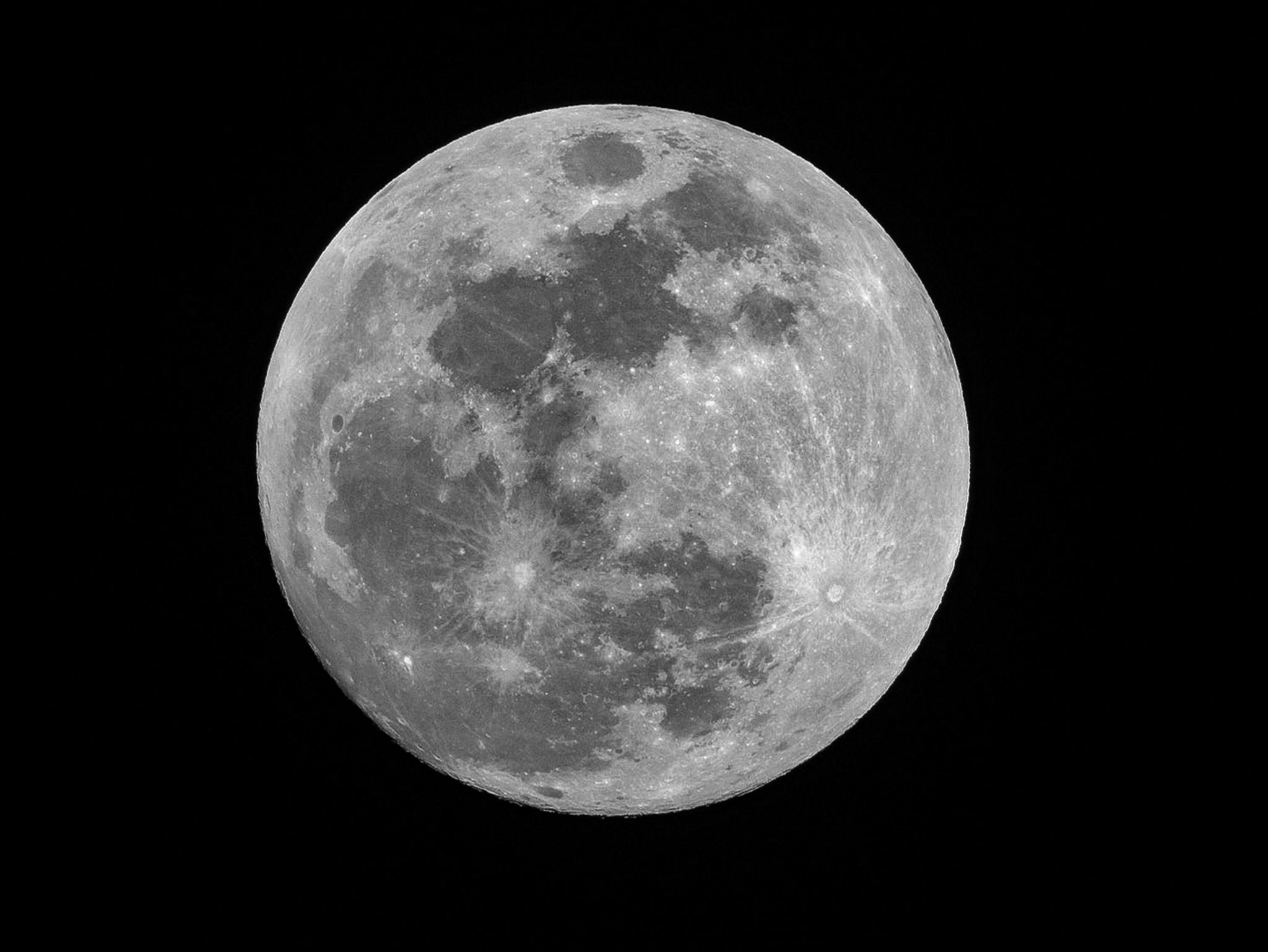Does the moon affect our sleep?
The moon has always had a hold over life on Earth – leading the oceans, guiding animal migrations, and forming dozens of ancient myths and stories. For years, the moon has been blamed for sleepless nights and shifts in mood, but could it really have that much control over human patterns of behaviour? As new scientific research tracks the impact lunar cycles have on our bodies, we are finally shedding some light on the moon’s power over our sleep schedules. Could such a small celestial body really be quietly disturbing our sleep from over 384,000 kilometres away?
For thousands of years, humans have been astounded by the mysteries of the moon, driving philosophers and scientists alike crazy. The word “lunatic” even stems from the Latin word for the moon – luna. Folklore across many different cultures describes full moons as a time of heightened emotion and strange behaviour, causing restlessness in children and aggression in animals. Even in the modern day, many doctors, police officers and schoolteachers agree that full moons tend to bring out bizarre behaviour amongst the general populace.
We do seem to get people with, sort of, stranger behaviour – more fractious, argumentative
Andy Parr, Brighton Police
Brighton Police even employed extra officers during full moons in 2007 based off in-house research that suggested a correlation between the full moon and violent incidents. Inspector Andy Parr said: “From my experience, over 19 years of being a police officer, undoubtedly on full moons, we do seem to get people with, sort of, stranger behaviour – more fractious, argumentative.”
Full moons have been studied hundreds of times and are sometimes linked to displays of unusual or erratic behaviour in both humans and animals, although these studies are often contradicted or disproved. Basel University in Switzerland carried out a study on “lunar influence” on sleep, where volunteers slept under laboratory conditions and were unaware of the purpose of the study. The experiment showed that, during a full moon, the 33 volunteers:
- Took five minutes longer to fall asleep
- Slept for 20 fewer minutes
- Spent 30% less time in deep sleep
Sleep expert Dr Neil Stanley suggested that if the impact of a full moon on sleep was due to its brightness, we would be able to combat that with things such as sleep masks or blackout curtains, but the Swiss study implies that it’s not about light. The volunteers were shut in a darkened room so they were not impacted by the light of the moon, suggesting their bodies may be naturally attuned to lunar cycles. Dr Stanley remarked that it’s “an academically interesting point but it is not particularly helpful as you can’t stop it from happening.” The study would need to be followed up with a larger group of volunteers to rule out coincidental findings.
So, does the moon really keep us awake? Ultimately, there is little evidence to prove that lunar cycles have a major impact on human sleep, and much more extensive research would be required to reinforce previous studies and their findings. However, whether it be scientific, psychological, or simply folklore, one cannot deny the history linking full moons with poor sleep and extraordinary behaviour. Full moons have been blamed for hostile behaviour in animals, sleepwalking, and even higher suicide rates. Whilst the moon may have a subtle influence on our internal sleep cycles, evidence supports that maintaining healthy habits and sensible sleep times will likely have a much bigger impact than the moon ever could.

Comments